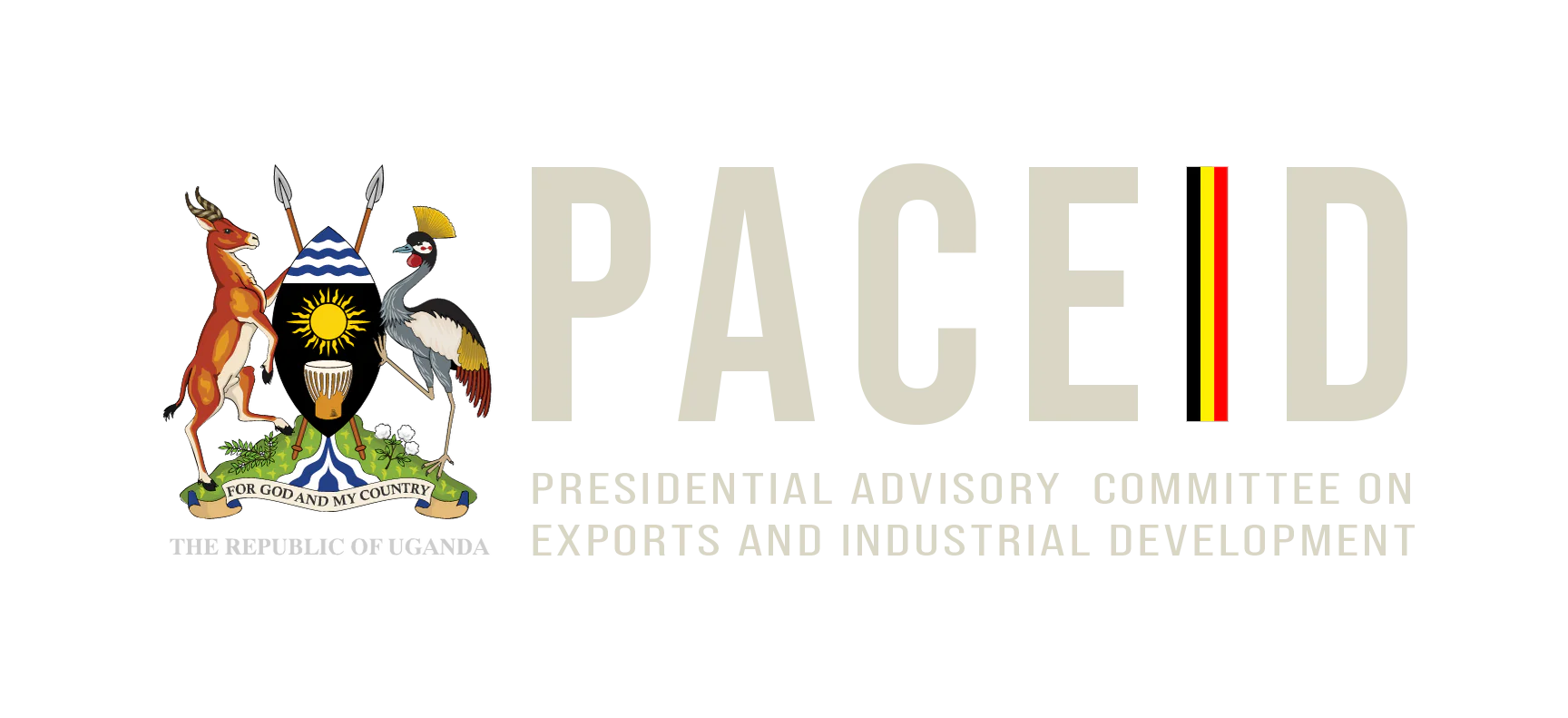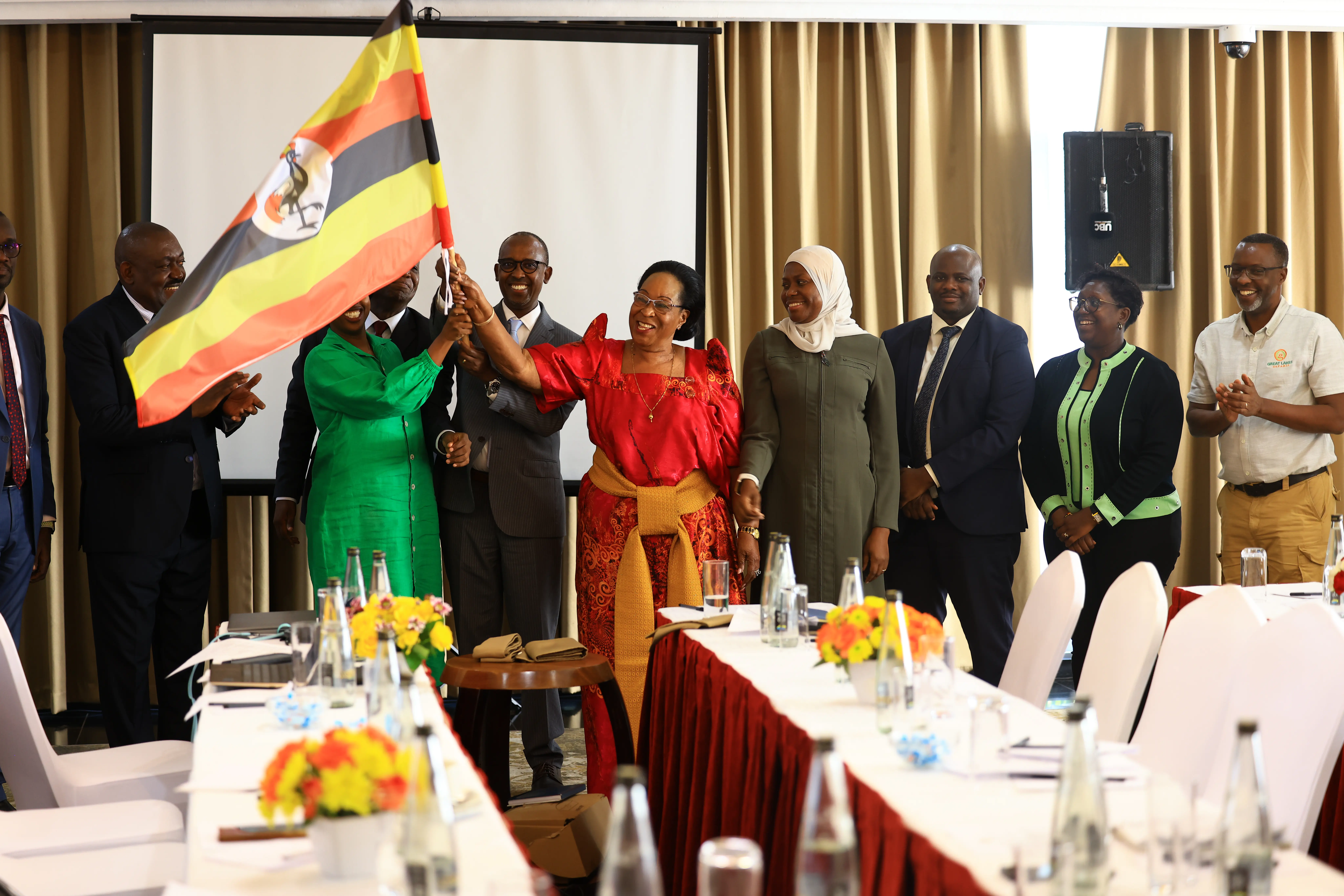The Government of Uganda yesterday commissioned the National Strategic Communications Committee (NSCC), a high-level body tasked with coordinating and centralizing all government communication to promote a more accurate and unified national image.
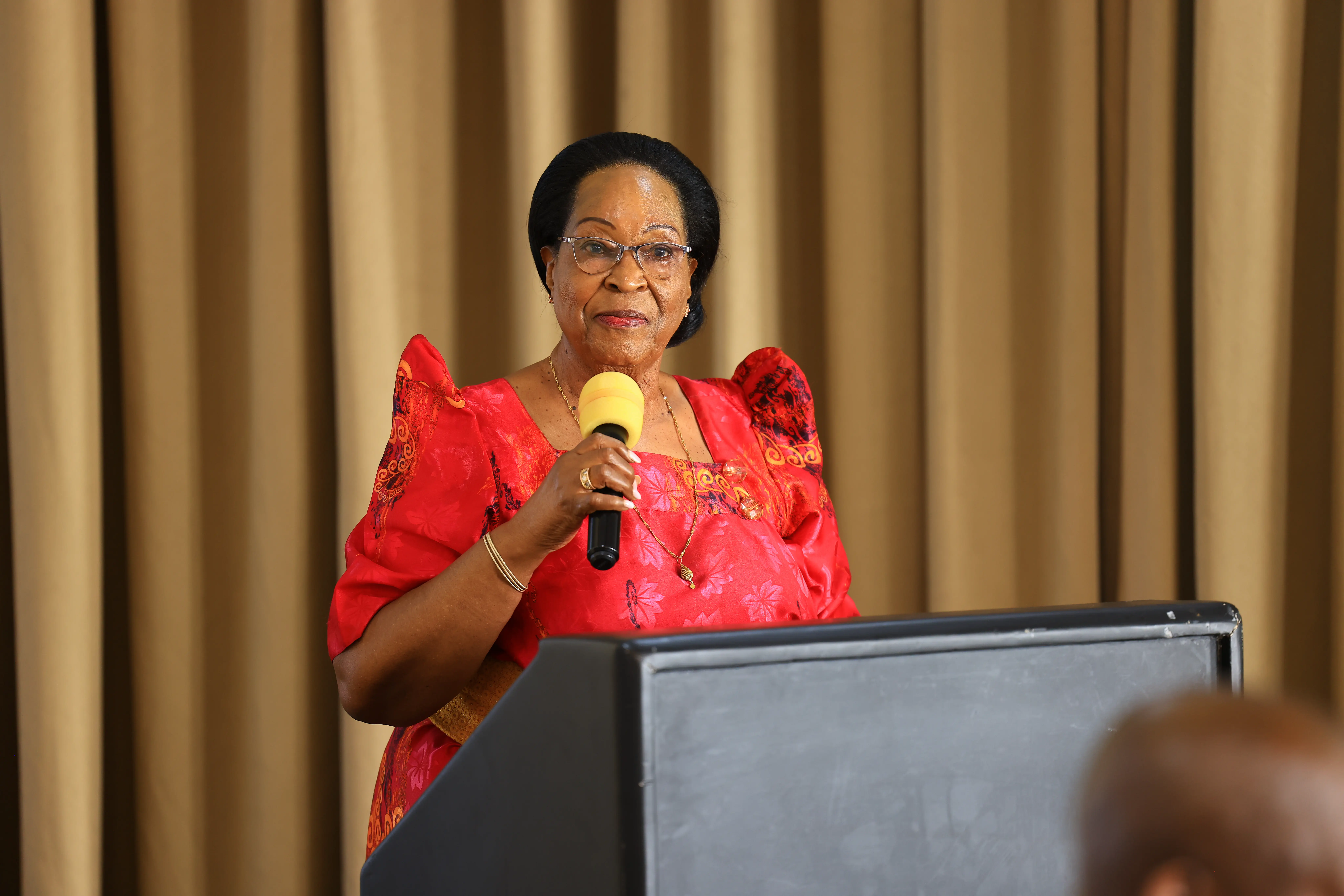
Hon. Joyce Nabbosa Ssebugwawo, State Minister for ICT & National Guidance
The launch ceremony took place at the Sheraton Kampala Hotel and was presided over by Hon. Joyce Nabbosa Ssebugwawo, Minister of State for ICT and National Guidance, on behalf of the Minister of ICT and National Guidance, Dr. Chris Baryomunsi.
Your Role Is Key in Shaping Uganda’s Image– Hon. Ssebugwawo
Speaking at the event, Hon. Ssebugwawo emphasized the importance of strategic communication in today’s rapidly changing media environment. “Your role is key in shaping Uganda’s image and promoting a balanced, accurate, and positive national narrative,” she said.
She highlighted how communication narratives directly influence public opinion, investor confidence, and tourism appeal. “As we are all aware, the media plays a critical role in shaping how Uganda is perceived both locally and internationally,” she added before symbolically commissioning the NSCC by waving the national flag.
Composition of the NSCC:
Chairperson – Simon Kaheru
Members: Col. Edith Nakalema, Doreen Katusiime, Dr. Charles Olaro, Sandor Walusimbi, Allan Mugisha, ACP Rusoke Kituuma, Marcella Karekye, Amos Wekesa, Margaret Kafeero, Ofwono Opondo, Cleopas Ndorere, Charlotte Kemigyisha, Dr. Amina Zawedde, Dr. Paul Mwambu, Emmanuel Ainebyoona.
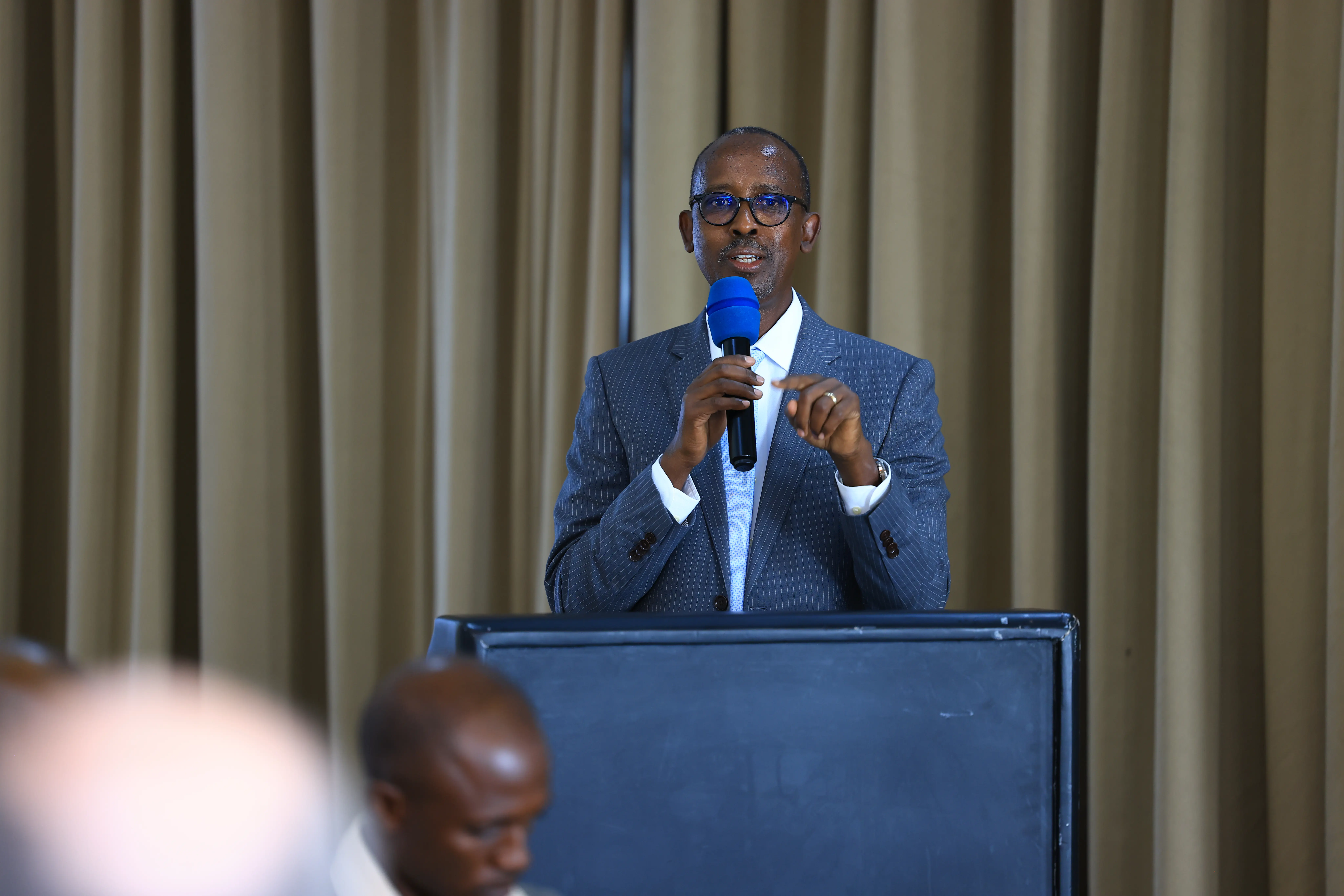
Odrek Rwabwogo
The Chairman of the Presidential Advisory Committee on Exports and Industrial Development (PACEID), Odrek Rwabwogo, outlined the rationale behind the formation of NSCC.
“We asked ourselves, is it possible to get various ministries to speak with one voice on things that matter to the country? Freedom of speech is good, but freedom beyond particular measures becomes anarchy,” Rwabwogo noted.
He stressed that much of the negativity in media stems from fragmented departmental messaging and a lack of shared national purpose. “Without a collective vision, we will continue to shoot blanks as a country,” he warned.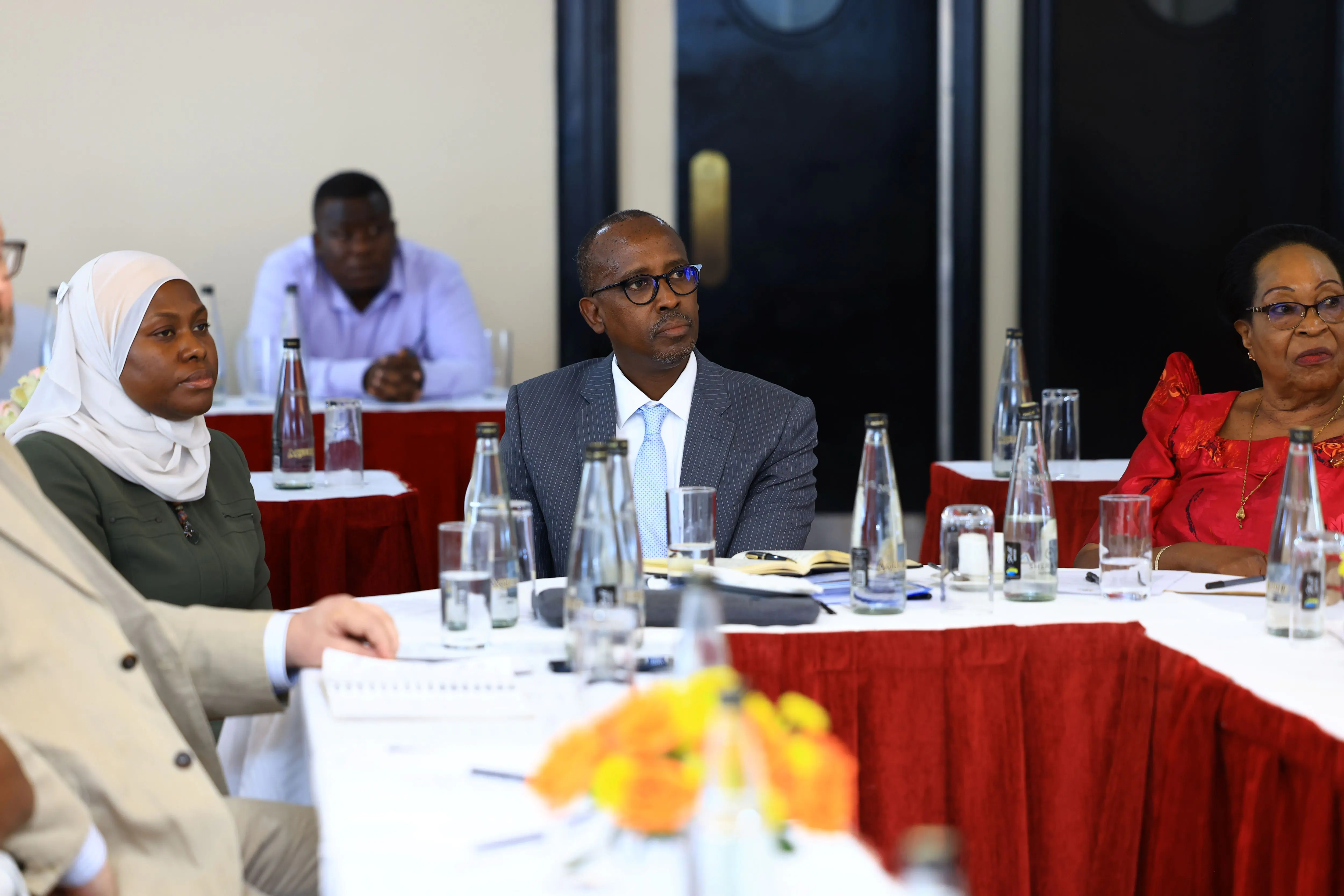
Misreporting Undermining Exports and Trust
Marcella Karekye, Head of the Government Citizen Interaction Centre (GCIC), presented a critical analysis on “Persistent Misreporting That Affects the Image of Uganda and Its Exports.”
She criticized the reactive approach some officials take toward media engagement and emphasized the need for proactive storytelling.
“Every country has problems, but you don’t find them on the front page every day. We need to restructure. We need to look out for the good things and publish them,” she said.
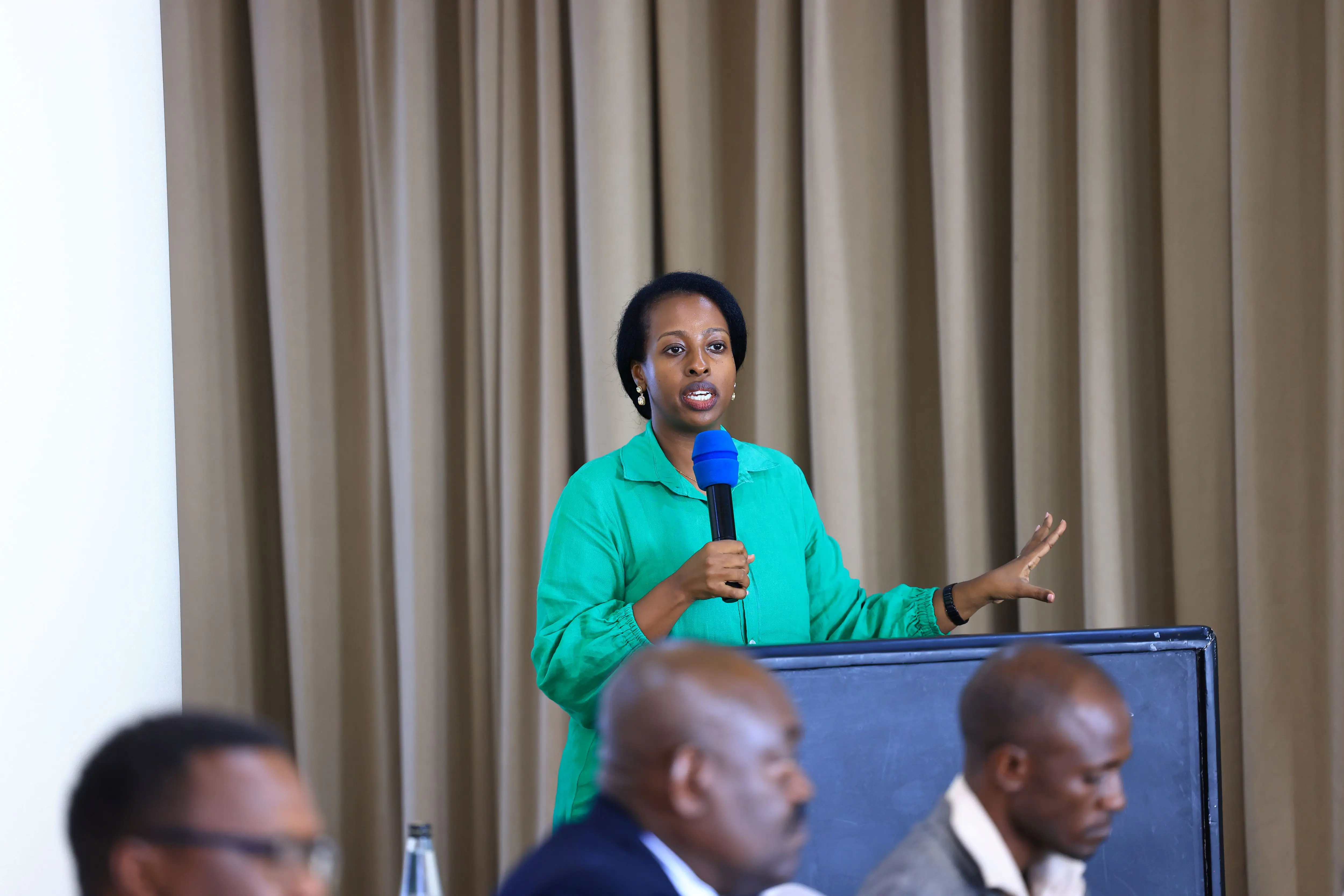
Marcella Karekye, Director, Government Citizen Interaction Centre
She also called out a common issue: “government officials either lack facts or the clearance to release them promptly during crises, leaving information gaps that breed misinformation.”
Food Health and SPS: A Critical Frontline
Dr. Paul Mwambu, Commissioner for Crop Inspection and Certification at the Ministry of Agriculture, spoke on Sanitary and Phytosanitary (SPS) Measures and how negative press can jeopardize Uganda’s export credibility. “There’s been a very consistent pattern of alarmist publicity by our local media. When interrogated, the authors often lack the technical knowledge,” he stated.
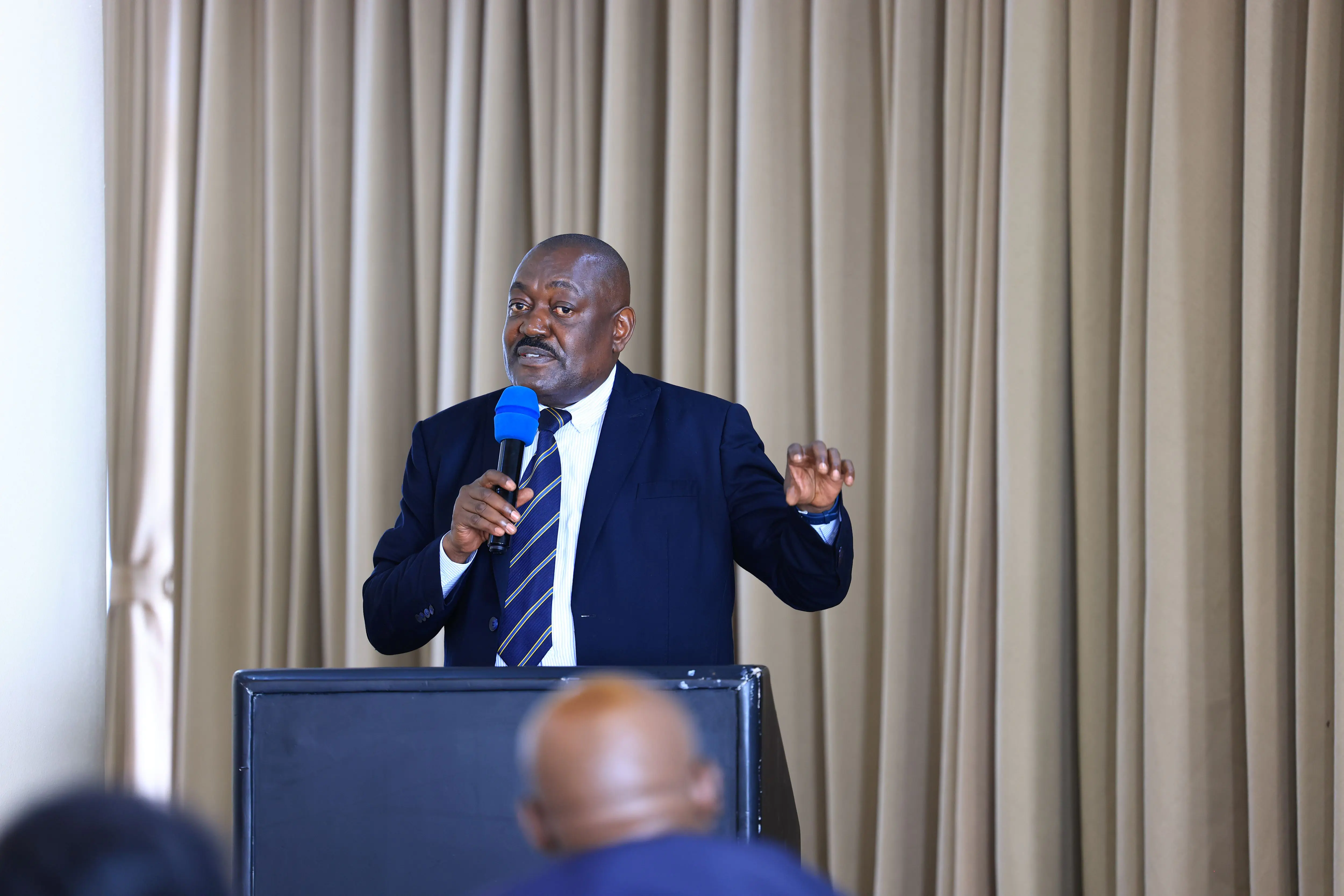
Dr. Paul Mwambu
He pointed to misinformation from certain NGOs as further compounding the issue, citing groups like SEATINI and the Centre for Food and Adequate Living Rights (CEFROHT).
“Let us reaffirm our commitment to upholding the highest standards in food safety. This is how we protect Ugandan lives, livelihoods, and our position in global markets,” Dr. Mwambu urged.
Crisis Communication: Don’t Panic, Don’t Lie, Don’t Hide
In a session on Crisis Communication in Government, international communications consultant Adam Maddock advised institutions to remain calm, get their facts straight, and always be honest.
“Don’t panic. Don’t lie. Don’t hide. In a crisis, the public expects the government to speak, and speak truthfully,” he said.
Maddock outlined a tactical communications playbook that includes preemptive planning, identifying key audiences, clear sign-off procedures, and celebrating good news across the whole government.
“When one ministry has a win, the entire government should celebrate and amplify it,” he added.
He also introduced the concept of a communications grid – a long-term calendar to anticipate major public engagement opportunities and manage messaging timing.
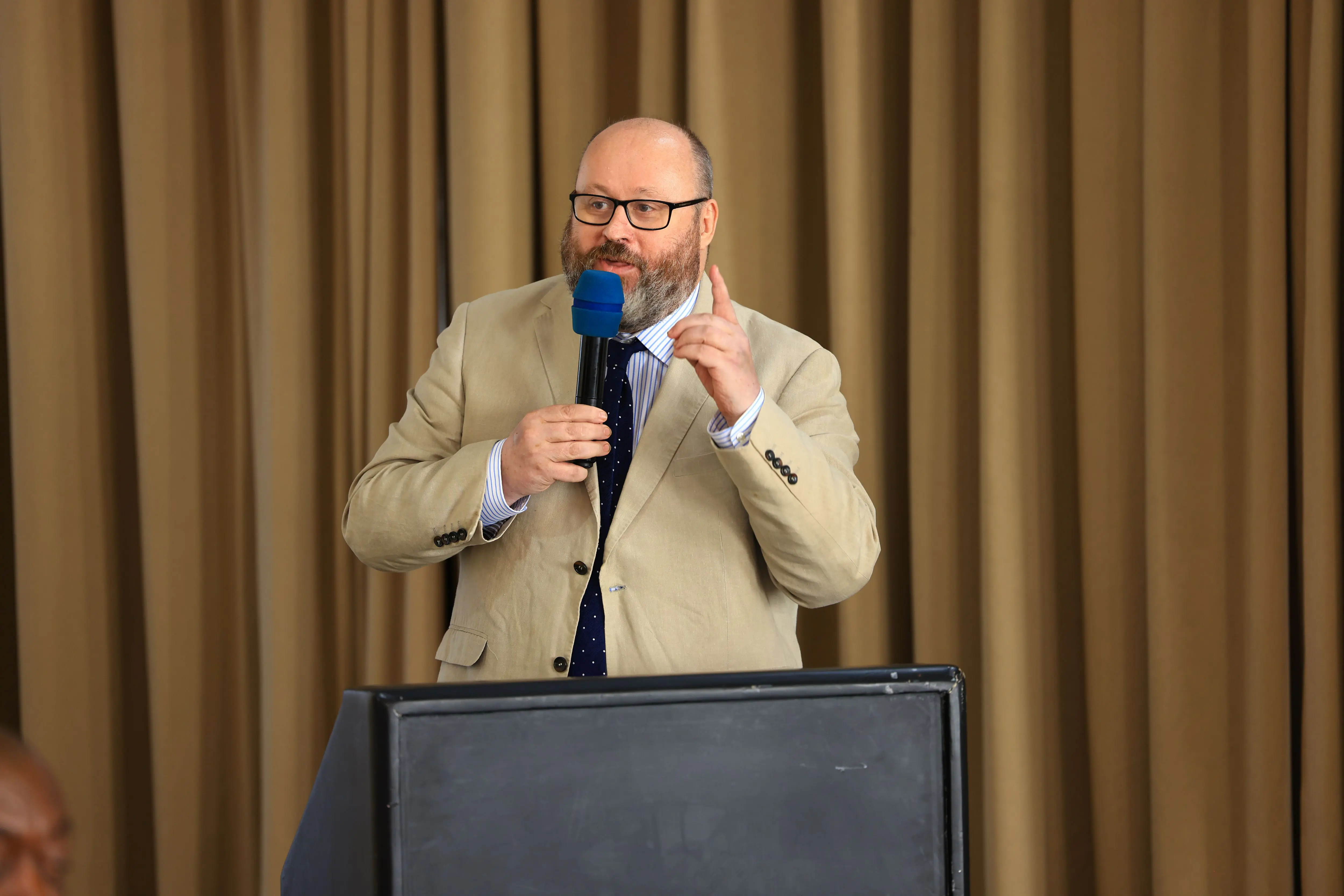
Adam Maddock
The NSCC will operate as a coordination hub under the Ministry of ICT, with technical oversight from GCIC and strategic guidance from PACEID. Its aim is to ensure that all government communications are aligned, data-driven, and internationally competitive.
Moving forward, the NSCC is expected to build capacity in media relations, support ministries in strategic storytelling, and act as a national watchdog on Uganda’s media image.
As the country prepares for the 2026 elections and expands its export ambitions, the committee is seen as an essential tool in protecting Uganda’s reputation and economic interests.
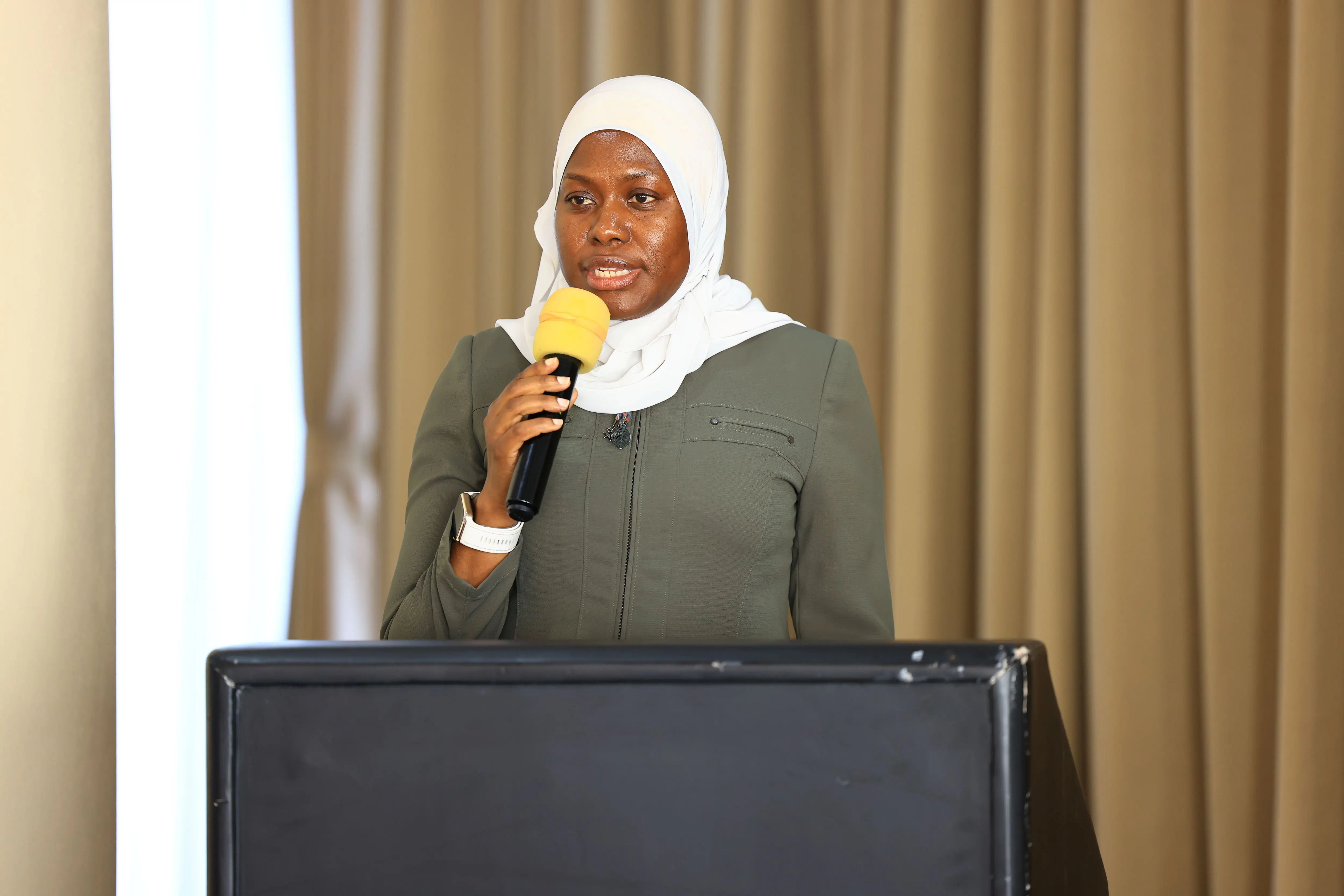
Dr. Aminah Zawedde, Permanent Secretary Ministry of ICT & National Guidance
The NSCC will also play a central role in: Enhancing public trust and accountability, Coordinating national responses to global media misreporting, Supporting public education on health, food safety, and national development initiatives, Providing research, training, and rapid response support for communication units across government.
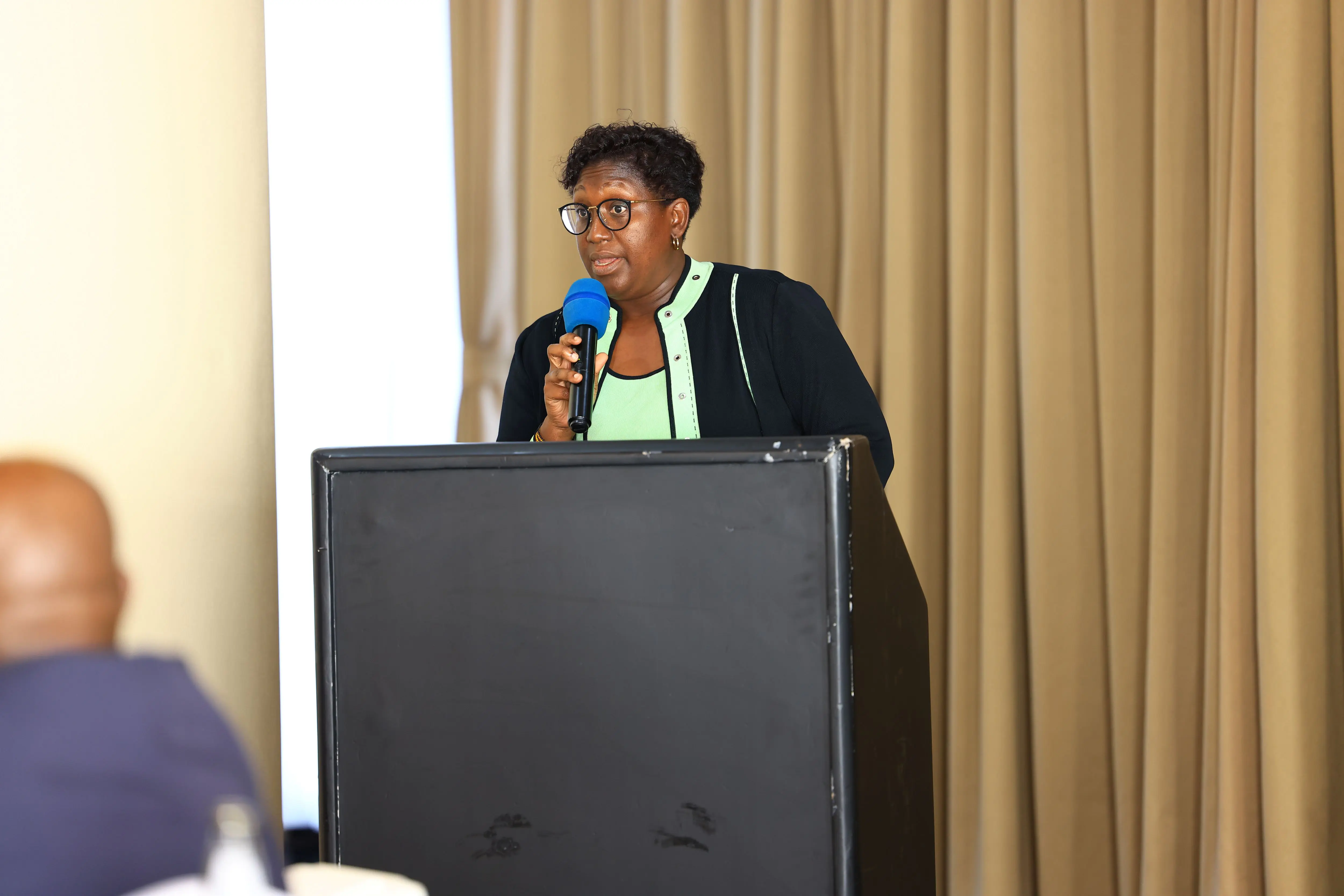
Margaret Kafeero, Head of Public Diplomacy at the Ministry of Foreign Affairs
With a focus on protecting Uganda’s private sector and export ambitions ahead of the 2026 elections, the NSCC is expected to become a permanent standing body offering technical guidance and communications oversight nationwide.
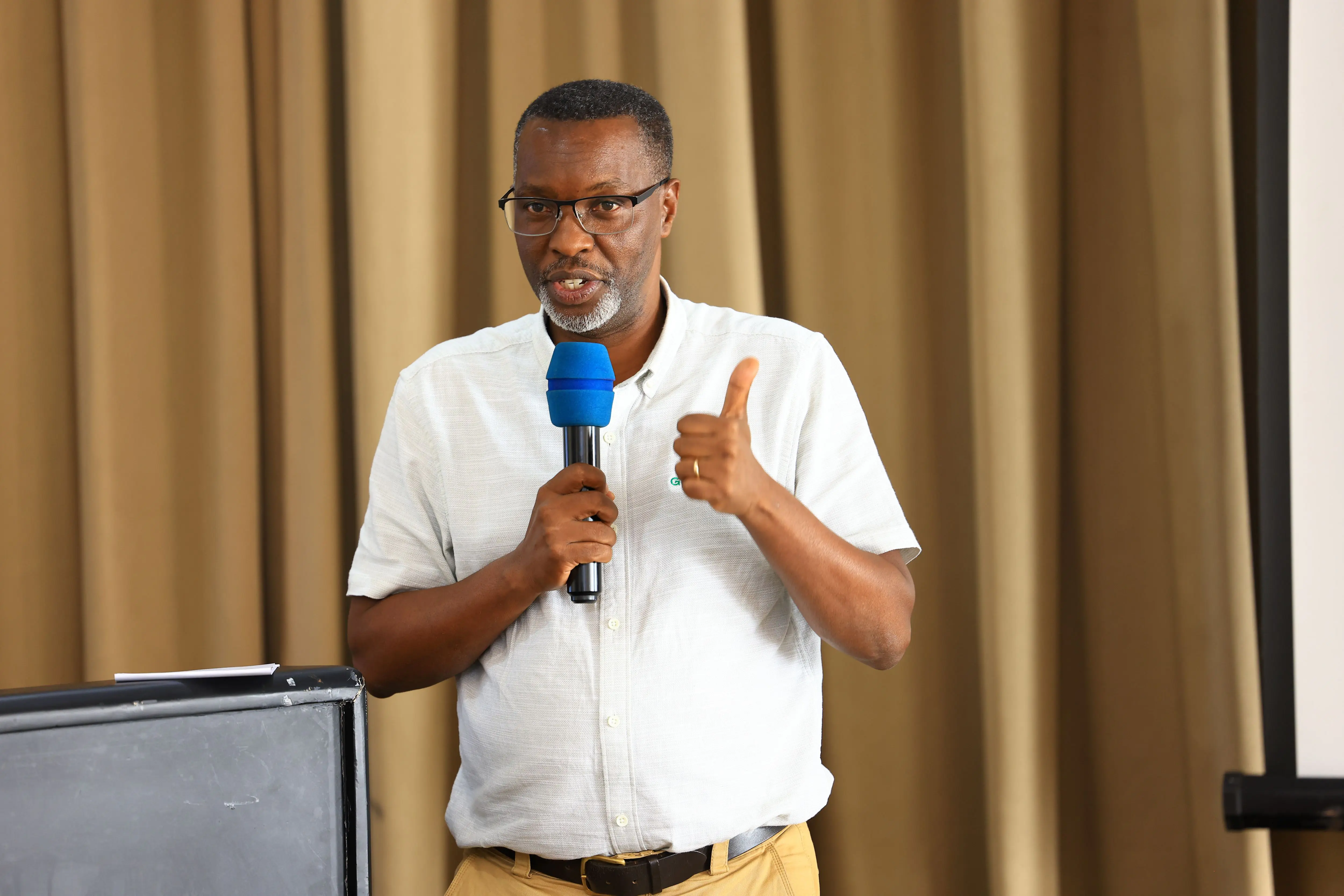
Amos Wekesa
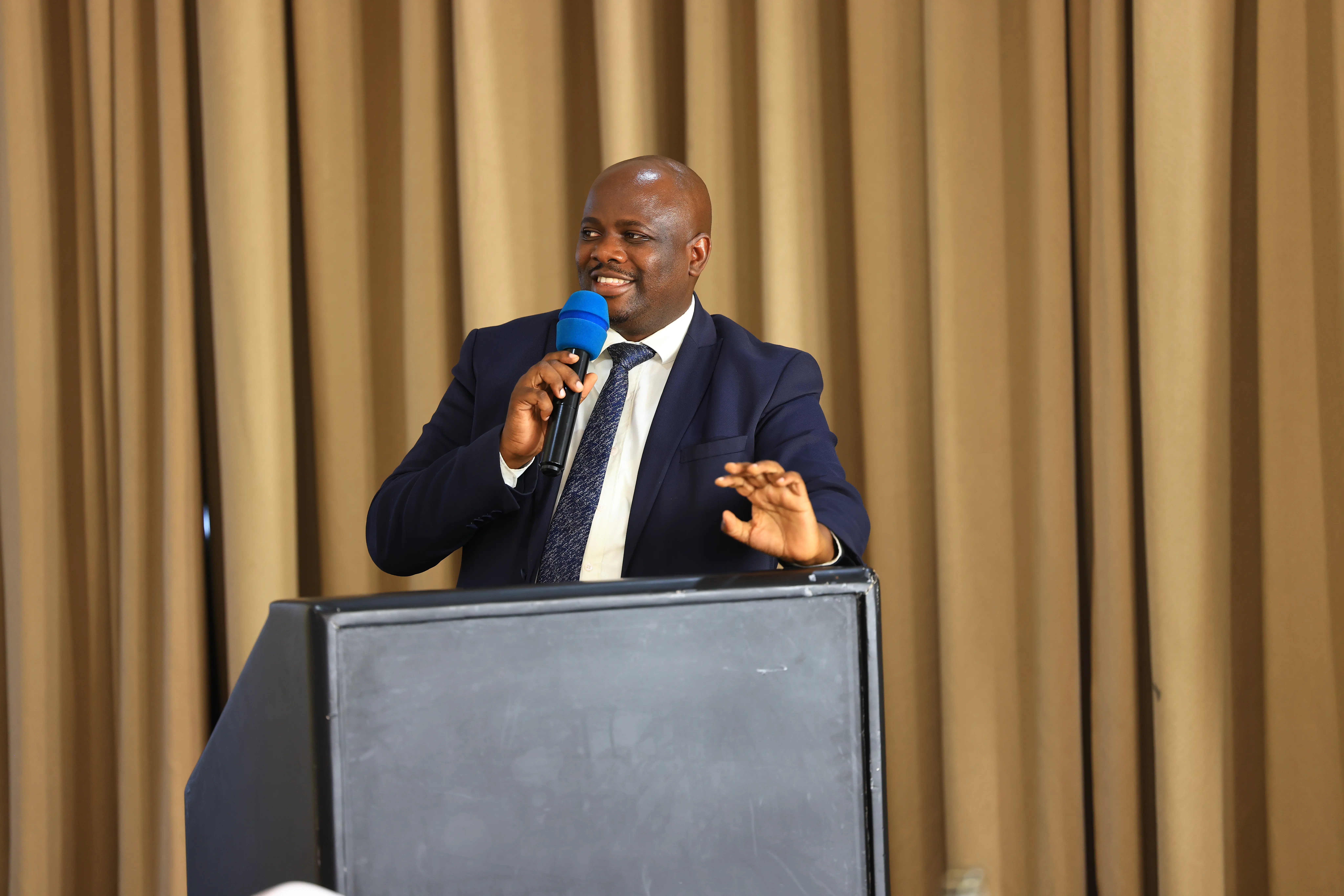
Emmanuel Ainebyoona, Senior Public Relations, Ministry of Health
